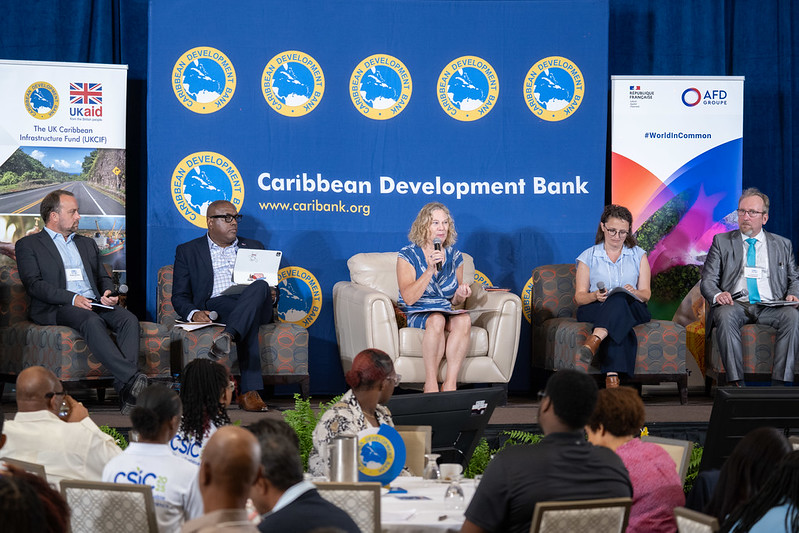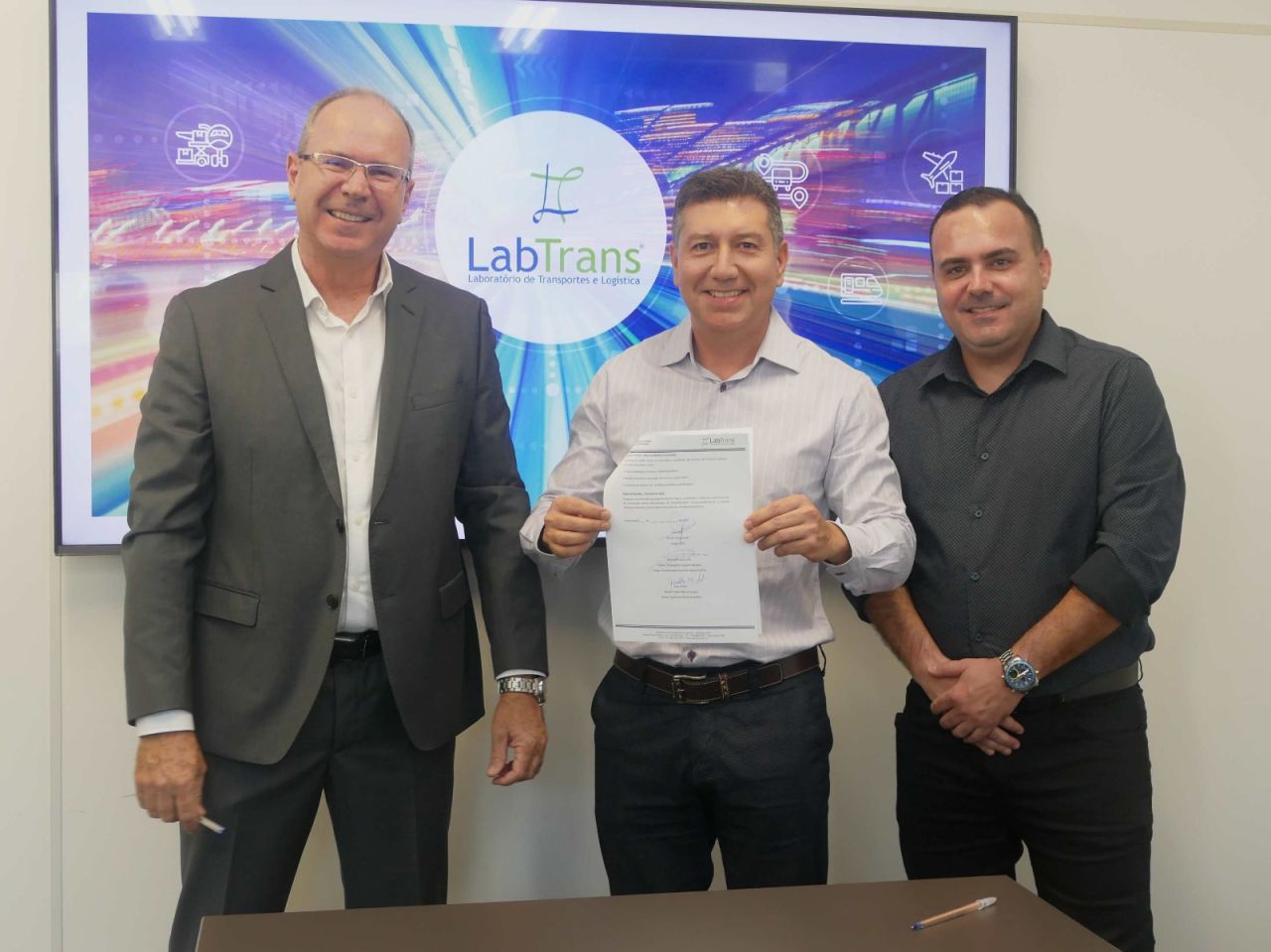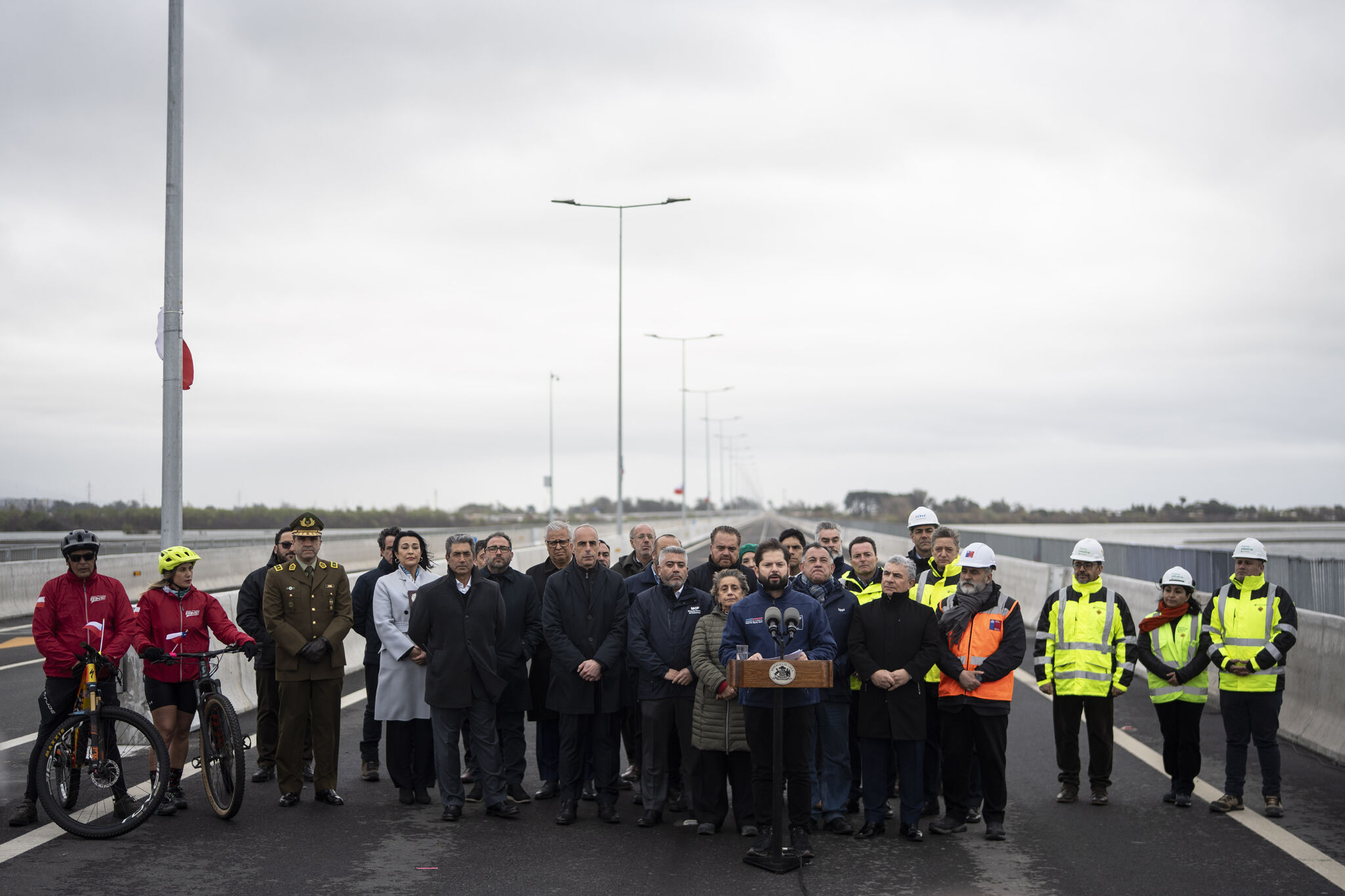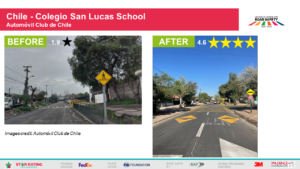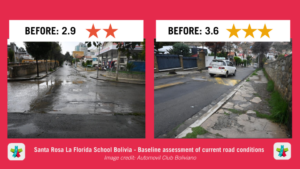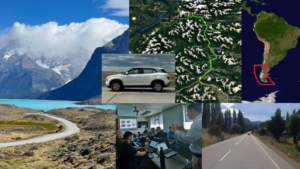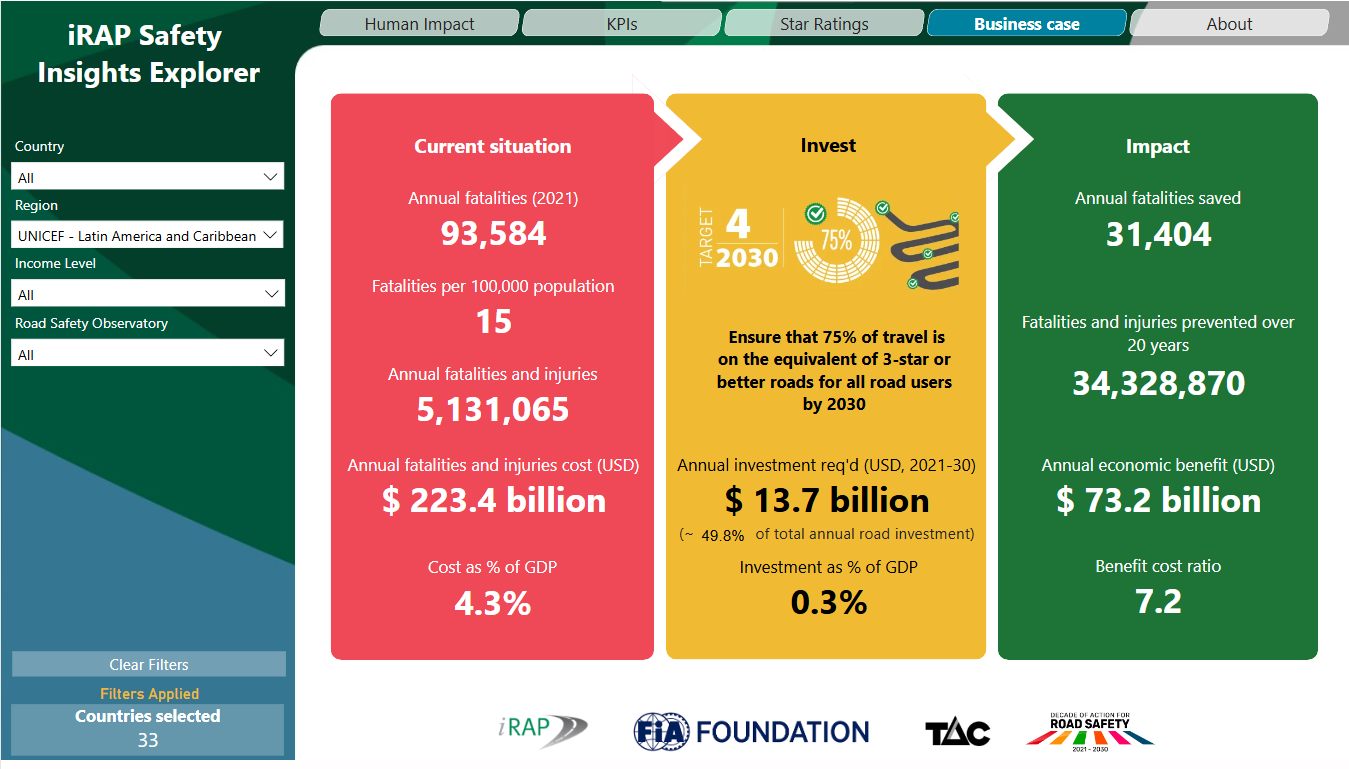
iRAP partner impact in Latin America and the Caribbean (LAC)
The Road Assessment Programme (RAP) is working with local partners to help not only save lives on Latin America and the Caribbean roads, but also promote healthy and sustainable forms of mobility such as walking and cycling, including through the use of Star Rating for Schools and Star Rating for Designs for safer school journeys and road designs.
Achieving Target 4 by 2030 in Latin America and the Caribbean stands to save over 31,400 lives a year and nearly 34.3 million deaths and serious injuries over 20 years, with an annual economic benefit of US$73.2 billion

Latest news from LAC
Projects driving road safety success and innovation
Showcasing a selecting of major projects that have occurred or are still active in the LAC over time. Led by various partners in LAC.
Where we work
Download a summary of iRAP partner activity in every LAC country here (filter for Latin America)
Policies into practice
Many countries are prioritising the safety of their road infrastructure by embedding 3-star or better safety targets in policy, aligned to UN Global Road Safety Performance Targets 3 and 4. A number of LAC countries have National Road Safety Strategies and Action Plans that include 3-star or better targets for safe road infrastructure.
- Brazil: Federal roads to achieve a 3-star or better safety standard according to iRAP. Brazil’s concessions auctioning with 3-star or better metric for safety.
- Brazil – Parana: Parana State Concessions 2030 Strategy – All concession roads to be a minimum 3-star safety rating by 2030 Nakuru, to identify high-risk road sections. Safer Road Investment Plans to be developed to prioritise evidence-based safety improvements and national capacity building to include a focus on the iRAP methodology and tools.
- Brazil – São Paulo: 2024-2030 Plan for BrazilRAP São Paulo – Identify and prioritise improvement of high risk 1 and 2-star road sections using the iRAP Methodology and develop a web platform to monitor road conditions according to iRAP.
- Cayman Islands: 2023-2038 National Road Safety Strategy – All new roads to meet a minimum 4-star iRAP rating and include adequate provision for pedestrians, cyclists, motorcyclists and drivers of vehicles.
- Peru: National Multisectoral Road Safety Policy – Implement iRAP assessments in urban and highway environments; increase percentage of local governments that implement safe school environments aligned to iRAP.
To view these policies, other global examples and sample infrastructure targets for inclusion, visit irap.org/policies-into-practice
How safe are LAC’s roads and the Business Case for Safer Roads
The iRAP Safety Insights Explorer shines a light on the true scale of road crashes, the safety of the world’s roads, and the positive impact that can be made with investment.
LAC Team
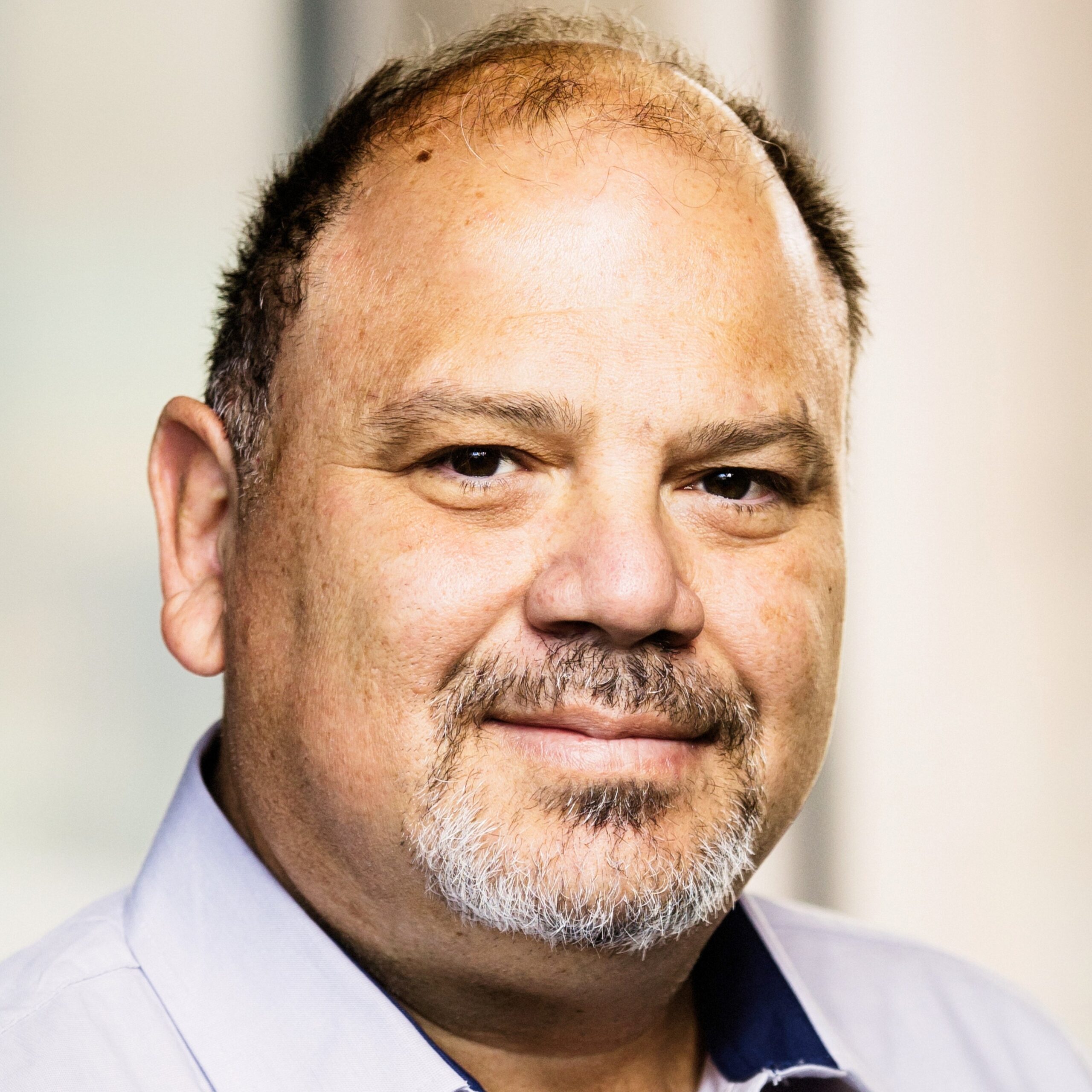
Edgar Zamora
iRAP Safer Journeys Lead for LAC
Click to email

Morgan Fletcher
LAC Operations Team Lead
Click to email

Franco Azzato
Training and Accreditation Lead
Click to email





